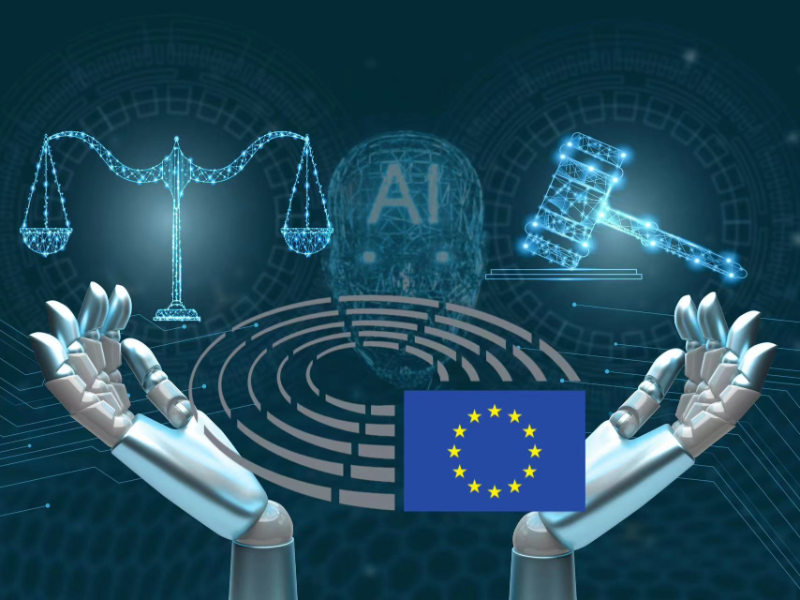- The European Parliament has endorsed a comprehensive framework to address the risks posed by artificial intelligence (AI), marking a significant step in regulating AI technology globally.
- The AI Act introduces a risk-based approach, adapting inspection levels based on the risk rating assigned to AI products, aiming for a more “human-centric” technological landscape.
- Enforcing stringent regulations on high-risk AI systems in critical sectors, while providing minimal oversight for low-risk services like spam filters, the AI Act seeks to balance innovation with societal safety, aligning with EU guidelines.
The European Parliament has approved the world’s inaugural comprehensive framework aimed at mitigating the risks associated with artificial intelligence (AI).
New AI legislation targets harmful technology
China has already implemented a variety of AI laws. In October 2023, US President Joe Biden issued an executive order mandating AI developers to disclose data to the government. But now the EU has taken a step farther.
The AI Act operates by assigning a risk rating to products and modifying the level of inspection correspondingly. According to the law’s authors, technology would become more “human-centric.”
Also read: EU Nations adopt historic AI Act, setting global standards
The primary goal of the law is to control AI according to its potential to be harmful to society. The restrictions are harsher the larger the danger.
High-risk AI systems in critical sectors require stringent regulations, while low-risk services, such as spam filters, face minimal oversight, with most services falling into this category, as per EU guidelines.
Additionally, the act establishes measures to address the risks associated with the systems that support chatbots and generative AI tools like OpenAI’s ChatGPT.
Also read: Europe’s Digital Services Act applies in full from February 18
Legal action looms for AI entities
AI entities like OpenAI, Stability AI, and graphics chip manufacturer Nvidia may face legal action due to their utilisation of data for training generative models.
The Act must undergo additional steps before officially becoming law.
According to Dragos Tudorache, a member of the European Parliament, he expressed his enthusiasm, stating, “The AI act is not the end of the journey but the starting point for new governance built around technology.”

